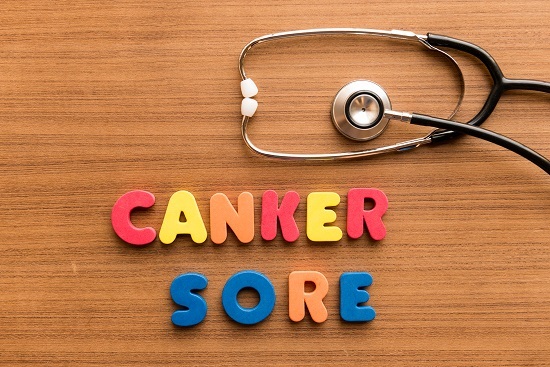
With all the advanced research in finding a cure for Alzheimer’s disease (AD), it’s difficult to believe that the cause of the disease could come down to something really simple, like treating Herpes.
But, according a recent study, published in October of 2018 in Frontiers of Aging, it’s possible that this may just be the case. There has been evidence for decades of a link between the risk of AD, and infection with Herpes Simplex Virus 1 (HSV1) in those who have a specific genetic predisposition. This could indicate that a very simple treatment could be all that is required for one of the most misunderstood age-related diseases.
The Herpes Simplex Virus is commonly known as a cold sore. It manifests itself as fever blisters and cold sores around the mouth and face.
Professor Ruth Itzhaki has spent over 25 years studying the link between herpes and AD, at the University of Manchester. Itzhaki says she has uncovered new data pointing to the fact that antiviral drugs make a dramatic impact on reducing the risk of dementia in people with severe herpes. Itzhaki has spent over 25 years studying the link between herpes and AD, at the University of Manchester.
Alzheimer’s disease and HSV1
When a person gets herpes, the virus hides, in a dormant state in the neurons (nerve cells) and immune cells, where it remains during the person’s entire lifetime. Subsequently, when the virus is reactivated, it shows itself—from stress or illness—with symptoms of blisters around the mouth and face.
During the reactivation period (something happens to the infected nerve cells in the brain), “HSV1 could account for 50% or more of Alzheimer’s disease cases,” says Professor Itzhaki.
Another interesting fact is that people who carry the APOE-4 gene (a gene variant that is known to be associated with an increased risk of getting Alzheimer’s disease) are more known to have cold sores.
“Our theory is that in APOE-4 carriers, reactivation is more frequent or more harmful in HSV1-infected brain cells, which as a result accumulate damage that culminates in development of Alzheimer’s.”
The Research Findings
Few countries collect the population data required to test this theory—for example, to find out whether antiviral treatments reduce dementia risk.
Taiwan is one of the few countries said to collect enough data to find out if antiviral treatment reduces dementia risk in those with herpes. Three studies on the development of dementia were conducted in Taiwan from the year 2017 to 2018, of which the primary cause was AD. The study focused on and the treatment of those infected with HSV or varicella zoster virus—more commonly known as the chicken pox.
“The striking results include evidence that the risk of senile dementia is much greater in those who are infected with HSV, and that anti-herpes antiviral treatment, causes a dramatic decrease in a number of those subjects severely affected by HSV1 who later develop dementia.”
Previous study findings from Itzhaki’s research revealed an association that supports the findings in Taiwan. Itzhaki discovered that HSV1 causes protein deposits between nerve cells in the brain—which are characteristic of amyloid plaques—with tau tangles inside the neurons. Tau tangles are telltale signs of Alzheimer’s disease.
“Viral DNA is located very specifically within plaques in postmortem brain tissue from Alzheimer’s sufferers. The main proteins of both plaques and tangles accumulate also in HSV1-infected cell cultures—and antiviral drugs can prevent this.”
The researchers say that further studies are needed before a definitive causal link can be attributed to HSV1 infection and the development of dementia.
Learn more about potential new treatment for Alzheimer’s disease, and the effectiveness of new supplements and medications for Alzheimer’s disease by clicking here to visit Cognitive Vitality—a website dedicated to helping consumers make smarter brain healthy choices.






